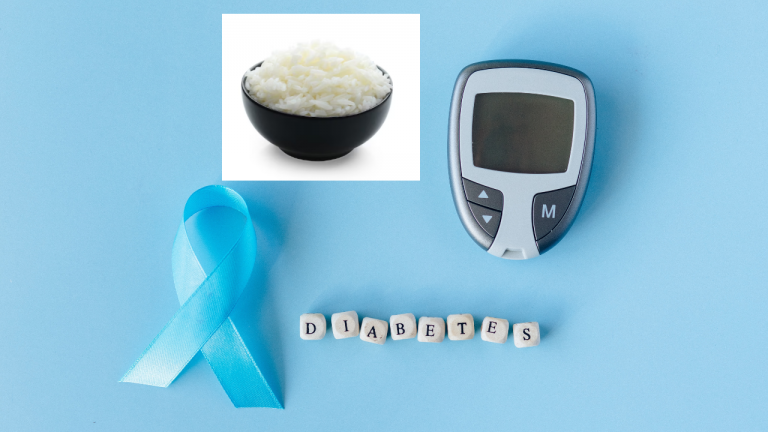Weight Gain Myths and Mistakes

There are several weight gain myths and mistakes that can hinder your progress or lead to unhealthy weight gain. It’s important to be aware of these misconceptions and avoid falling into their traps. Here are some common weight gain myths and mistakes:
Myth 1: Eating anything and everything will help you gain a healthy weight.
Reality: Weight gain should be approached in a healthy and balanced manner. Consuming excessive amounts of unhealthy, processed, or high-calorie foods can lead to weight gain, but it may be detrimental to your overall health. Focus on consuming nutrient-dense foods that provide essential vitamins, minerals, and macronutrients.
Myth 2: Only eating more will make you gain weight.
Reality: While increasing calorie intake is necessary for weight gain, it’s crucial to focus on a well-rounded diet that includes all essential nutrients. A balanced diet that includes proteins, healthy fats, whole grains, fruits, and vegetables is essential for overall health and supports weight gain in a healthy manner.
Myth 3: Relying solely on supplements or weight gain products is the key to gaining weight.
Reality: Supplements or weight gain products can be a part of a comprehensive approach, but they should not be relied upon as the sole method for weight gain. Whole foods should form the foundation of your diet, and supplements should be used to complement your nutrition if necessary.
Myth 4: Avoiding exercise and physical activity is beneficial for weight gain.
Reality: Regular physical activity has numerous health benefits, even when aiming to gain weight. Exercise promotes muscle growth, increases appetite, improves metabolic health, and supports overall well-being. Incorporate strength training and aerobic exercises into your routine to support healthy weight gain and overall fitness.
Myth 5: Consuming excessive amounts of unhealthy fats and processed foods is acceptable for weight gain.
Reality: Weight gain should be focused on healthy and sustainable practices. Consuming excessive unhealthy fats and processed foods can lead to negative health consequences, including increased risk of chronic diseases. Choose healthy fats from sources like avocados, nuts, seeds, and olive oil, and opt for whole foods over processed alternatives.
Myth 6: Snacking on high-calorie, low-nutrient foods is beneficial for weight gain.
Reality: Snacking is part of a balanced diet, but it’s important to choose nutrient-dense options. Opt for snacks that provide essential nutrients, such as fruits, nuts, yogurt, or whole-grain crackers, instead of relying on empty-calorie snacks like chips or sugary treats.
Myth 7: Focusing solely on the number on the scale is the best measure of progress.
Reality: Weight gain should be viewed in the context of overall health and body composition. Instead of solely focusing on the number on the scale, pay attention to other markers of progress, such as increased muscle mass, improved energy levels, enhanced strength, and overall well-being.
Remember, healthy weight gain is a gradual process that involves balanced nutrition, regular physical activity, and a holistic approach to overall health. Consult with a registered dietitian or healthcare professional for personalized guidance and support in achieving your weight gain goals in a healthy manner.



